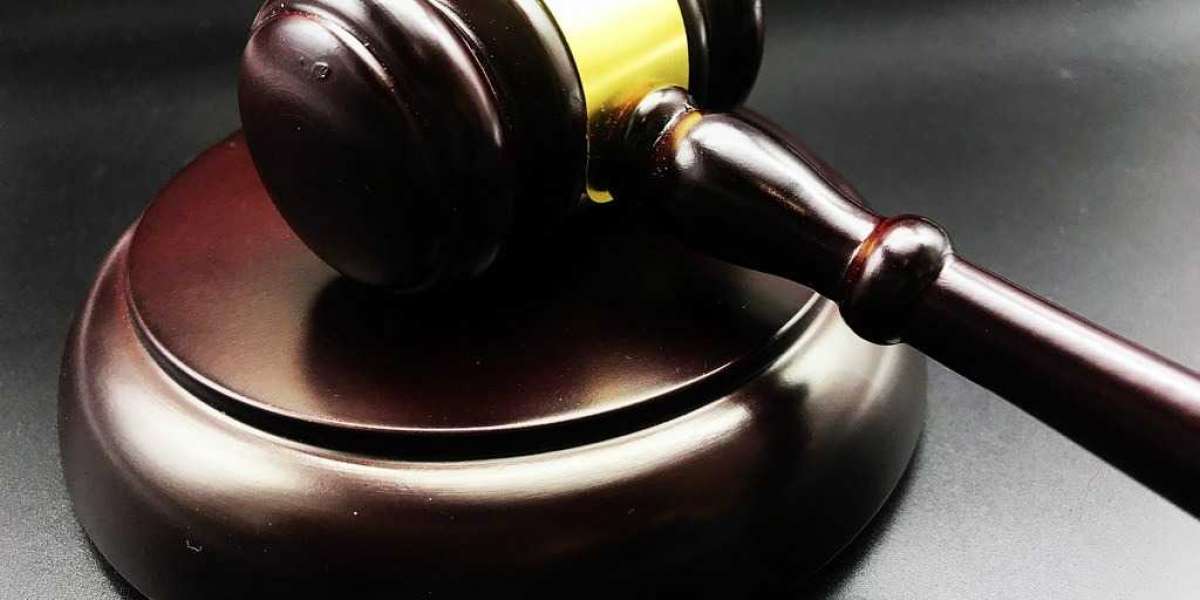The Uniform Code of Military Justice (UCMJ) serves as the bedrock of military law in the United States, outlining the legal framework that governs the conduct of military personnel. Among its many articles, Article 91 specifically addresses insubordinate conduct towards warrant officers .
Article 91 UCMJ: Insubordinate Conduct Towards Warrant Officers
Article 91 of the UCMJ deals with insubordinate conduct towards warrant officers, a serious offense within the military justice system. Warrant officers hold a unique position in the armed forces, combining technical expertise with leadership responsibilities. Insubordinate conduct towards these officers undermines the chain of command and jeopardizes the efficiency and discipline of the military unit.

Elements of the Offense
To better understand Article 91, it's crucial to grasp the elements that constitute insubordinate conduct towards warrant officers. The article stipulates that any enlisted member who behaves with disrespect or uses contemptuous words or disrespectful language towards a warrant officer while that officer is in execution of their office shall be punished as a court-martial may direct.
In simpler terms, any act of disrespect, contempt, or the use of disrespectful language directed at a warrant officer during the performance of their duties falls under the purview of Article 91.
Implications of Article 91 Violations
Violations of Article 91 UCMJ are treated seriously within the military justice system, as they directly challenge the authority and order essential for a well-functioning military unit. The consequences of such violations can be severe, ranging from administrative actions to court-martial proceedings.
Court-Martial Proceedings
Court-martial proceedings can result in various outcomes, including but not limited to imprisonment, fines, reduction in rank, and a dishonorable discharge. The severity of the punishment depends on the circumstances surrounding the offense and the discretion of the court-martial.
Impact on Military Career
In addition to the legal consequences, a conviction under Article 91 can have long-lasting effects on a military career. A dishonorable discharge or a reduction in rank can significantly impede future promotions and opportunities within the military.
Maintaining Discipline and Order
The inclusion of Article 91 in the UCMJ underscores the military's commitment to maintaining discipline and order within its ranks. Respect for the chain of command is fundamental to the effectiveness of the armed forces, and violations of this principle are not taken lightly.
Prevention and Education
Preventing violations of Article 91 requires a multifaceted approach. Military leaders must emphasize the importance of respect and adherence to the chain of command through ongoing education and training programs. Encouraging open communication and addressing grievances through proper channels can also contribute to a healthier and more disciplined military environment. Article 91 UCMJ serves as a critical deterrent against insubordinate conduct towards warrant officers, reinforcing the principles of discipline and order within the military. Understanding the gravity of such offenses is essential for military personnel at all levels. By upholding the standards outlined in Article 91, the armed forces can maintain a cohesive and effective structure, ensuring the success of their missions and the safety of their members.







